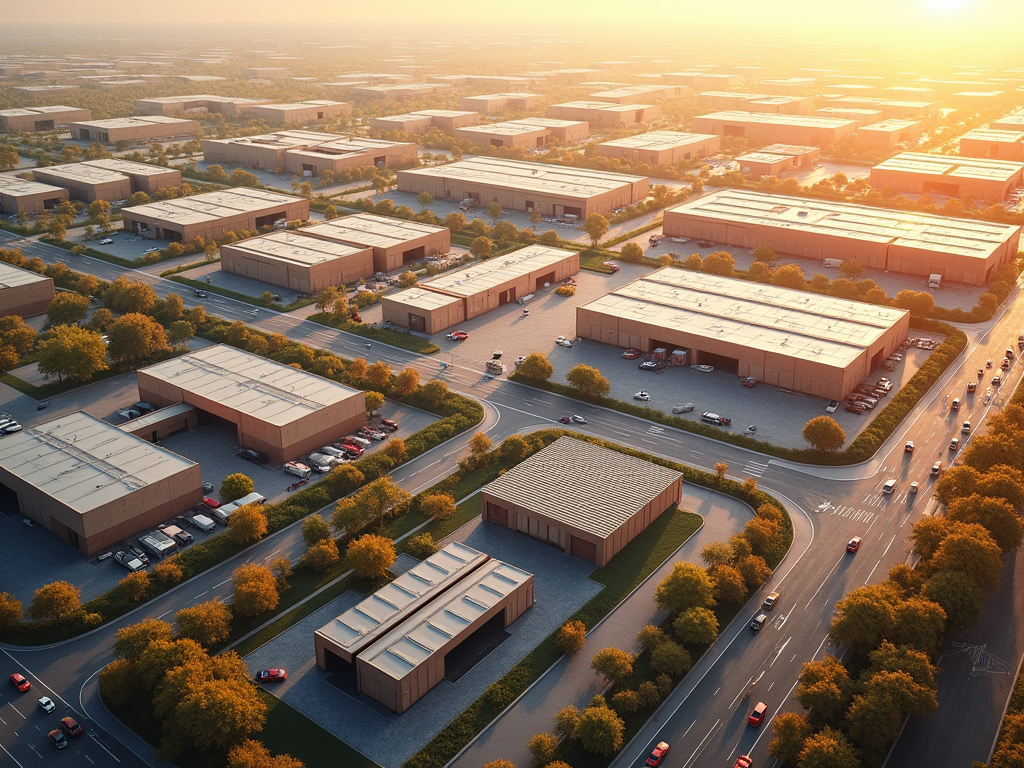Free zone locations are designated areas within a country where businesses enjoy specific tax and regulatory advantages, aimed at fostering economic activity and attracting foreign investment. These zones typically provide benefits such as duty-free imports, streamlined customs procedures, and lower tax rates. This article delves into the various free zone locations worldwide, highlighting their features, advantages, and overall significance in promoting international trade and business operations.
What are Free Zones?

Free zones are specially designated areas that operate outside the standard customs regulations of a country. This unique status allows companies within these zones to import, process, and re-export goods without the normal tariffs or taxes associated with international trade. The main goal of free zones is to stimulate economic growth by encouraging foreign direct investment and creating job opportunities. In many cases, these zones are strategically located near ports or airports, making them ideal for import and export operations. Industries typically found in free zones include manufacturing, logistics, and trade services, offering a variety of options for businesses looking to capitalize on these favorable conditions.
Key Benefits of Operating in Free Zones
Establishing a business in a free zone comes with numerous advantages that can significantly enhance operational efficiency and profitability. Some of the key benefits include:
- Tax Incentives: Many free zones offer zero or reduced corporate taxes, which can drastically minimize operational costs.
- No Import Duties: Businesses can import raw materials and equipment without incurring import duties, making it more affordable to set up operations.
- Streamlined Procedures: Free zones often feature simplified regulations and administrative processes that expedite business setup and operations.
- 100% Foreign Ownership: Many free zones allow for full foreign ownership of companies, eliminating the need for a local partner.
- Access to Global Markets: Companies in free zones can easily access international markets, promoting global trade.
Popular Free Zone Locations Around the World
Free zones have proliferated globally, with various countries establishing them to boost their economies. Here are some prominent free zone locations:
- Dubai, UAE: With multiple free zones like Jebel Ali Free Zone, Dubai Internet City, and Dubai Healthcare City, the UAE offers businesses various opportunities in trade, technology, and healthcare.
- Shanghai, China: The Shanghai Free Trade Zone promotes trade facilitation and innovation, making it a top choice for foreign investment.
- Panama: The Colon Free Zone is one of the largest free zones in the world, providing a strategic geographical location for trade between North and South America.
- Singapore: Known for its business-friendly environment, Singapore offers several free zones that cater to diverse industries, including finance and logistics.
- Hong Kong: With its robust financial system, Hong Kong’s free trade status attracts numerous businesses looking to extend their operations in Asia.
Before committing to a specific free zone location, businesses should carefully assess several factors to ensure a strategic decision that aligns with their goals:
- Industry Focus: Ensure that the free zone supports the specific industry your business operates in for maximum compatibility.
- Location Benefits: Evaluate the proximity to ports, airports, and key markets that will facilitate your logistics and supply chain.
- Regulatory Environment: Understand the legal frameworks and compliance requirements that govern operations in the free zone.
- Costs and Incentives: Analyze the overall costs of doing business in the zone versus the incentives offered to ensure it makes financial sense.
- Infrastructure: Assess the quality of infrastructure, including telecommunications and utilities, which can affect operational efficiency.
Conclusion
Free zone locations offer a plethora of benefits that can significantly enhance the viability of international business operations. Their unique tax structures, regulatory environments, and strategic locations make them highly attractive for entrepreneurs and companies looking to expand their reach and minimize costs. As global trade continues to evolve, understanding the importance of free zones becomes crucial for any business aiming for success in the competitive marketplace. By carefully selecting the right free zone and utilizing the benefits it provides, businesses can pave the way for sustainable growth and increased profitability.
Frequently Asked Questions
1. What types of businesses are best suited for free zones?Businesses involved in manufacturing, logistics, trading, and technology typically thrive in free zone environments due to advantageous regulatory conditions.2. Are there any restrictions on goods that can be imported into free zones?Yes, there are usually restrictions on certain types of goods, such as prohibited items or those requiring special licenses. It is important to consult the specific regulations of the free zone in question.3. Can foreign investors fully own a company in a free zone?Many free zones permit 100% foreign ownership, allowing international investors to establish and operate their businesses without local partners.4. How do free zones impact local economies?Free zones can significantly boost local economies by attracting foreign investment, creating jobs, and enhancing international trade activities.5. Do companies in free zones need to comply with local laws?While free zones operate under different regulations, companies must still comply with specific local laws and regulations that apply to their industry.
